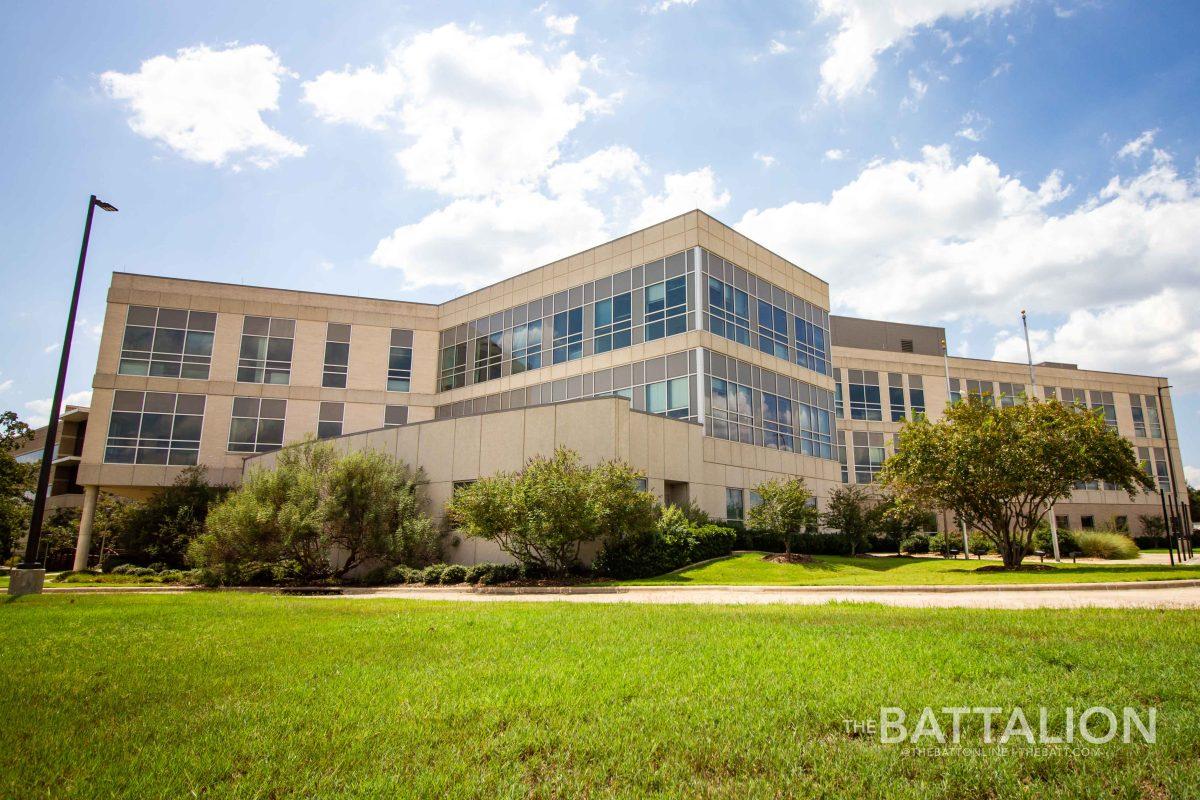Like most universities, Texas A&M has a core curriculum which all undergraduate students must take, regardless of their major. The core curriculum is meant to ensure that, when students graduate, they have a broad, well-rounded knowledge of the world. It includes required courses in federal and state government, American history and mathematics, among other subjects. However, it lacks courses in a few other subjects that should be taken by all college students, such as economics.
Before I continue, I must make a full disclosure: I am an economics student. I admit that I am biased regarding economics’ level of importance. Even so, it is still important for a knowledgeable, well-rounded citizen to possess at least a basic understanding of economics.
Firstly, it is necessary to understand economics to be an informed participant in the democratic process. Since A&M already requires its students to take one class on the federal government and another on Texas’ state government, it clearly views political education as an important part of an all-around education. It is necessary for voters to study economics because many political issues, such as inflation, unemployment and trade, to name only a few, are economic issues as well. If someone understands economics, then when they hear politicians make proposals for how to address economic issues they can understand the pros and cons. When they hear politicians make arguments using economics, they can assess their merit and recognize any economic fallacies within them.
Students who are indifferent to politics would also benefit from studying economics. Economists study individual decision making extensively, and their insights can help people make more logical decisions. For example, they study the sunk cost fallacy, in which an individual makes a decision based on costs which they cannot recover. The sunk cost fallacy can result in people incurring even greater costs because they do not want to cut their losses, as they see doing so as admitting those losses were wasteful.
To understand the sunk cost fallacy, imagine you have written four out of five pages in an essay that serves as a final in one of your classes. However, you realize the final is optional, and you already have an A in the class. Additionally, you hate writing the essay, so you get no benefit from continuing to work on it. Nevertheless, you keep working on the paper, because you do not want to have written the first four pages for nothing. You have succumbed to the sunk cost fallacy — you will not get back the time you have already spent on the essay by finishing it, so you might as well cut your losses and stop writing it.
Students who take ECON 202, or Introduction to Economics 1, learn about the sunk cost fallacy. They also study the concept of opportunity costs. When you choose one alternative over others, you incur an opportunity cost, or the cost of the best alternative. For instance, if you choose to slack off all week knowing you must write a 10-page paper by Friday, then you incur the opportunity cost of either scrambling to finish it on Thursday night or submitting it late — or not at all — whichever you prefer. Looking at it that way, the benefit of doing an assignment early rather than late becomes clear. Therefore, students who would like to maximize the use of their time should do their assignments early if they can, unless they prefer stress and bad grades.
Of course, the sunk cost fallacy and opportunity costs apply not only to college, but also to one’s jobs, relationships and personal finances, among other aspects of everyday life. For example, the sunk cost fallacy might affect one’s decision to stay in a relationship, simply because one has already been with their partner for years and do not want to admit they have wasted their time. Understanding opportunity costs can enable one to squeeze the most value out of their budget by allowing them to think about what uses of their money are the most useful or satisfying to them. Someone who knows these concepts can use them to assist their decision-making.
Any student can benefit from taking a course in economics, regardless of whether they are majoring in finance, engineering or sociology. You might assume economics is only relevant to people who are interested in business or investment, but that is not the case — economics is relevant to everyone, as its insights apply to everyday life, not just the economy. Therefore, in order to equip Aggies with knowledge that will help them in the real world, A&M should include economics in its core curriculum.
Alex Kourchev is an economics sophomore and an opinion writer for The Battalion.





















